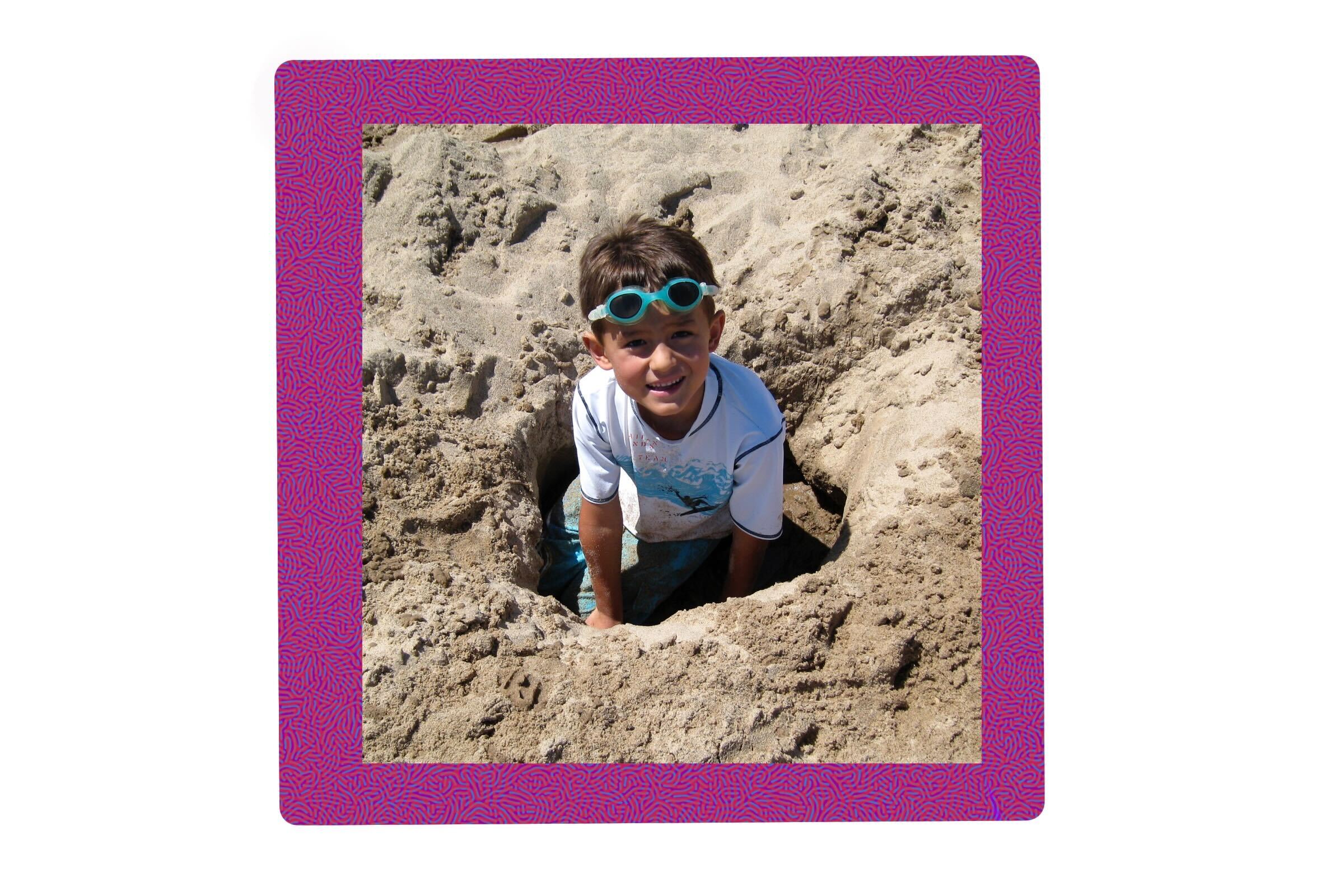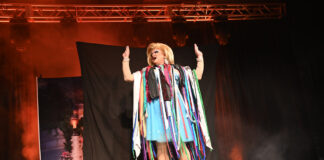
As a young closeted gay child in a heteronormative society, there was nothing more crushing yet eye-opening than finding out you’re gay from the aptly-named “Am I Gay” Internet quiz.
I was 12 years old and in seventh grade when I first took the dastardly quiz. Before this, I was a normal kid that did normal kid things — or at least I thought so. I had a crush on Katniss Everdeen from “The Hunger Games.” In my elementary school playground, I was wedded to one of my girl best friends in a fabulous fairy-themed wedding. All of my many girl friends attended, while the boys were out in the grass playing soccer. Looking back on these memories, I realized that there was definitely something a little different about me.
There are many “Am I Gay” quizzes, and it’s both funny and sad how they are set up. Of course, there are the lighthearted ones that play more into Queer stereotypes, like asking whether “You Belong With Me” or “Blank Space” is the better Taylor Swift song or how many items of clothing one has in their closet. Other quizzes are blunter: “Have you ever wanted to kiss someone of the same gender?” “Have you ever felt attracted to someone of the same gender?” “How would you feel about identifying as gay?” These are incredibly and hilariously loaded, posed as medical questions waiting to spit out a diagnosis. Most people that come to these sorts of quizzes want these questions answered for themselves without having to give any strict yes or no responses.
The “Am I Gay” quiz does one thing wrong: It represents sexuality as a binary concept. If you aren’t straight, then you must be gay. The term “gay” is not exclusively for men who are only attracted to other men, but rather it’s an umbrella term for all people who aren’t straight; however, using only the terms “straight” and “gay” does not fully represent the spectrum of Queer identities. It doesn’t suggest anything beyond the labels “straight” or “gay,” as if each is the opposite of the other. Of course, if our heteronormative society believes straight people to be more “normal,” this can be pretty discouraging to people seeking solace in their budding sexualities if they are seen as being more gay than straight by an Internet quiz.
There’s a certain allure to all of these Internet quizzes — from the “Am I Gay” quizzes to Buzzfeed quizzes to personality tests to the infamous Rice Purity Test — though they are objectively stupid and lack any scientific foundation. Even as an adult, I still find myself going back to these quizzes out of boredom, or simply because I want to see how my results have changed. But the results oftentimes aren’t explained, like the Rice Purity Test result, which is merely a number. The lower the number, the less innocent the quiz taker. Why should I care so much about something so utterly meaningless?
These quizzes provide us with a label that feels tangible and comfortable, especially if it’s a label that is considered more attractive. Admit it, you felt proud when you found out that Buzzfeed placed you in your favorite Hogwarts house, or when you received the lowest Rice Purity Test score out of all of your friends. Each quiz, though rooted in subjectivity, can be enlightening in its own way: Buzzfeed quizzes serve as an insight into our life stories on this earth as though we’re our own characters, whereas the “Am I Gay” quiz is a way to decode or affirm questioning, newfound sexual desires. These quizzes are designed to make the person taking them feel special and heard, and I was one of those people. They peer into our souls and our futures, coloring in any doubts or unknowns we may have.
Internet quizzes taught me the difference between admiration and attraction. For quizzes related to fictional movie, book and video game lore, I’d mostly answer questions like “Who do you most embody?” with a female protagonist. Of course, prepubescent me had admired the female protagonist of “The Hunger Games,” Katniss Everdeen, but I was never attracted to her. Covertly, I admired her for her resistance to oppression from the Capitol of Panem, the district of the wealthiest and most powerful citizens. I admired her for being a fierce role model to her sister and her community, District 12. I admired this woman for being the main character in her own best-selling, captivating story — even though she doesn’t really exist.
Subconsciously, I would choose the female character over the male character every time. My character choice for Super Smash Bros and Mario Kart was always Princess Peach, if it wasn’t Yoshi (who is able to lay eggs, so that should make Yoshi female). About 80-90% of songs on my playlists were made by female artists and my dad picked up on it one day when I had aux: “This is the sixth song by a woman that you’ve played in a row,” he said, annoyed at PJ Harvey wailing through the speakers. I had seldom noticed my affinity for female musicians until then, and I felt somewhat ashamed. Would he have said something if every song I played was by a man?
Though I felt ostracized by most boys at my school for being more stereotypically “gay,” I still feel lucky to have figured my sexuality out so early on, earlier than most. As benign (and cringe) of a thing as the “Am I Gay” quiz seems to be, I feel it’s a rite of passage for all burgeoning gays, no matter the age. And so the “Am I Gay” quiz will live on as a foundation for Queer people and their journeys beyond heterosexuality, never to be forgotten.
Daily Arts Writer Zachary Taglia can be reached at ztaglia@umich.edu.








